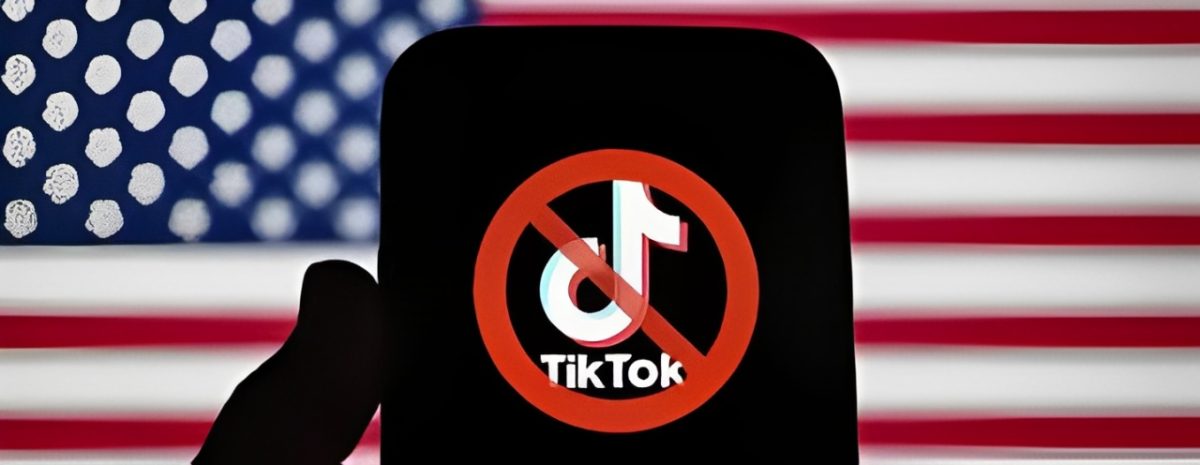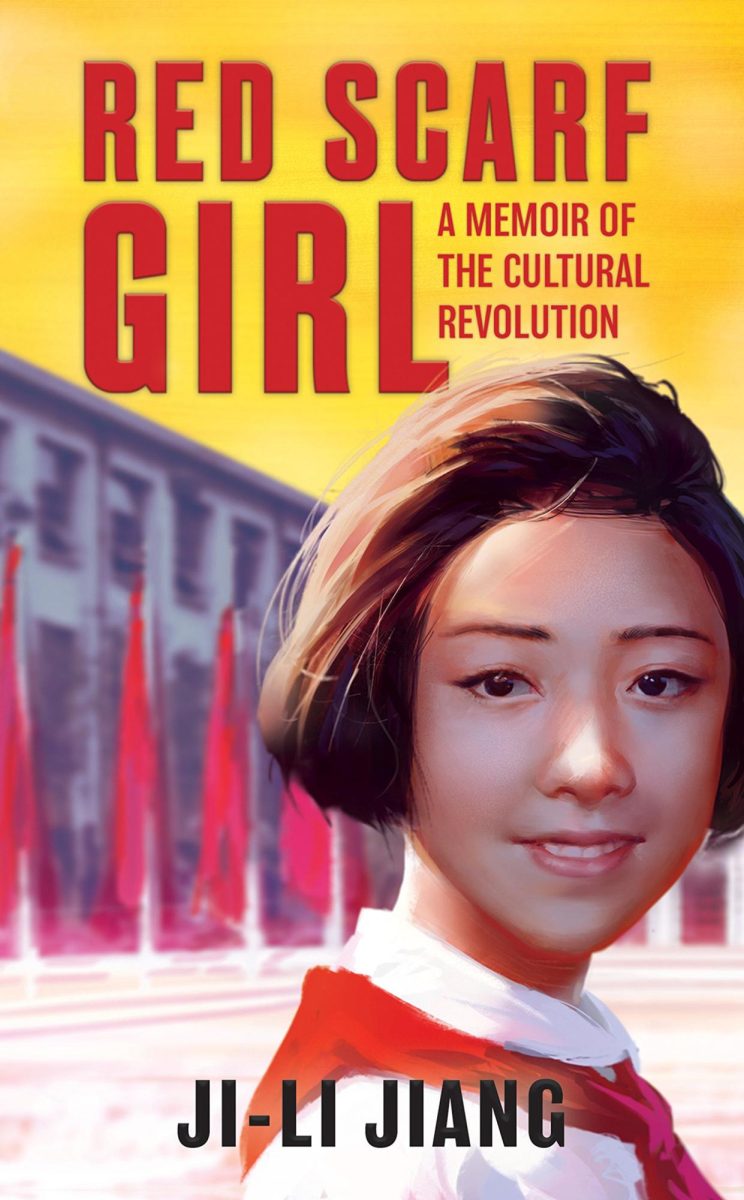The topic of the TikTok ban has taken its users by storm, and is a subject for popular debate regarding its concerns over data protection, user privacy, and the influence foreign-owned companies may have. The United States Government has raised its alarms against the Chinese-owned company over ruling it all: ByteDance. Our government shared concerns, suggesting the platform robs of personal data, information which the Chinese government could access. As a response, the U.S legislature made a push to either completely ban the app, or give it the opportunity to surrender into an American-Owned corporation. Many argue it is a necessary step, in order to keep our private information private, however most of the ban’s supporters don’t even use the app. Only about 12% of TikTok’s users are actually for the ban, whereas the remaining 88% are against.
Those in opposition propose the argument that TikTok is strongly connected to many livelihoods, incomes, and job opportunities. Influencers and small business owners, to name a few, rely on large platforms such as TikTok as a marketing tool, so as numbers and views increase, their incomes flourish. Additionally, critics suggest the government should implement and enhance stronger data protection rather than targeting/banning specific apps. These enhanced data protection services should be applied to all tech companies regardless of their origin.
The actual ban was meant to take place on January 19 of this year, and many complained that the government issued it about two hours earlier, making the service message pop up at around 10 PM EST. When users went to open the app, they would be greeted by a message saying, “Sorry, TikTok Isn’t Available Right Now,” with smaller text summarizing the law enacted, forcing people to close out of the app with a single tap. The pop-up of this message at an earlier time than expected led to shockwaves of emotion throughout daily users. However, due to the election that soon followed, the app remained usable to those who still had it installed. This was due to a 75-day extension on the legitimized ban itself but, if you have already deleted the application, it is unable to be reinstalled along with many other ByteDance apps such as GauthAI, CapCut, and Lemon8. This did not stop TikTok enthusiasts from finding loopholes. Many have found that by using a VPN service to alter your IP address to another country where the platform is not banned, it will reappear in the app store.
The future of this app’s availability in the United States remains uncertain for the most part due to constant switches in legislative order and date alterations. Moreover, the huge amount of people whose occupations are to entertain or market material on the app may be at risk. But as of right now, as the app is still up and functioning, a sense of ease has washed over the community. As the debate over TikTok continues, it raises questions regarding the future of digital freedom in this ever-growing connected, digital world.












